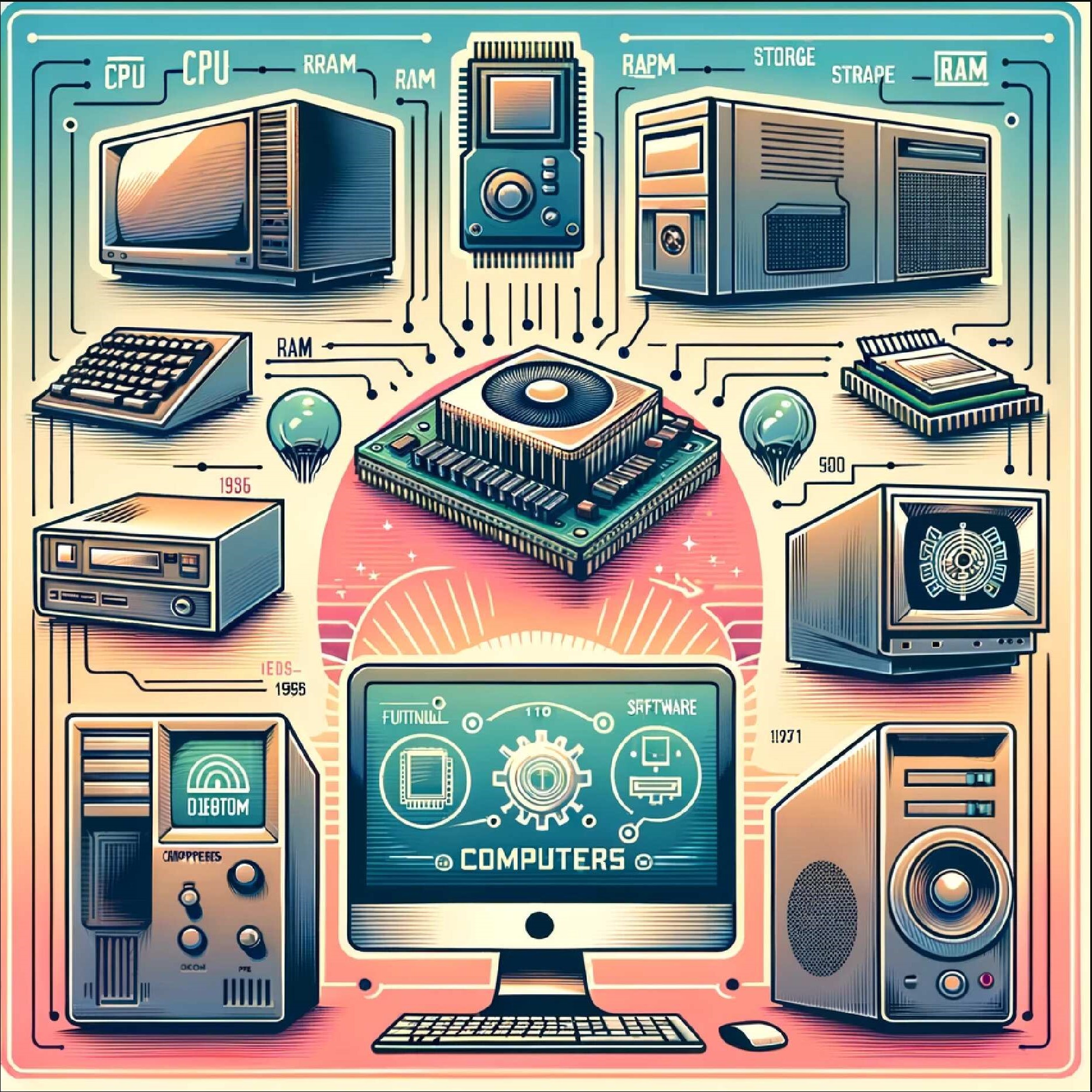
Intelligent assistants like Alexa and Siri, image searches that found the topic of a photo, and self-driving cars – these intelligent systems used machine learning to develop their expertise. In this module, I learned about various machine learning techniques but concentrated on deep neural learning. I learned about the underlying theory and got hands-on experience creating, training, evaluating, and using machine learning systems. I also examined how these technologies were used and misused and what that meant for our societies and communities.
Learning Outcomes
- Explored the development of computing and IT systems, digital images, sounds, databases, and web development.
- Developed programming skills in a graphical environment, focusing on animation, sounds, numbers, and text.
- Understood the basics of computer networks, including the Internet and the Internet of Things (IoT).
- Discussed the social aspects of computing and how people interact online.
- Improved study skills, digital and information literacy, and employability skills through practical experience.
Feedback on my assingments
The feedback commends a solid understanding across various tasks with a notable score of 92%. Strengths are recognized in practical tasks such as note-taking, creating an MP3 file, developing a relational database, and web design. However, suggestions for deeper engagement with academic practices and referencing are noted.
Reflections
The feedback highlights a promising start with a robust grasp of key concepts and practical skills. The encouragement to delve deeper into the aspects of academic integrity points to the importance of grounding technical skills within an ethical and scholarly framework.
Professional Skills Matrix learnt and Action Plan
Skills Gained or Enhanced:
- Technical Proficiency: Demonstrated through successful completion of tasks involving digital content creation and web development.
- Academic Integrity: Identified as an area for further development, underscoring the value of proper citation and understanding of plagiarism.
- Communication: Evidenced by good writing, research skills, and the effective use of language mechanics.
Action Plan:
- Enhance Academic Practice Understanding: Explore resources on academic integrity offered by educational institutions or online platforms like Coursera or Khan Academy.
- Develop Research Skills: Attend workshops or webinars on research methodologies and note-taking strategies to enrich research techniques.
- Improve Writing Skills: Participate in writing workshops or online courses focused on academic writing to hone language use.
- Seek Feedback and Mentorship: Engage in peer review sessions to gain insights into your work and provide feedback to others, enhancing critical thinking and analytical skills.